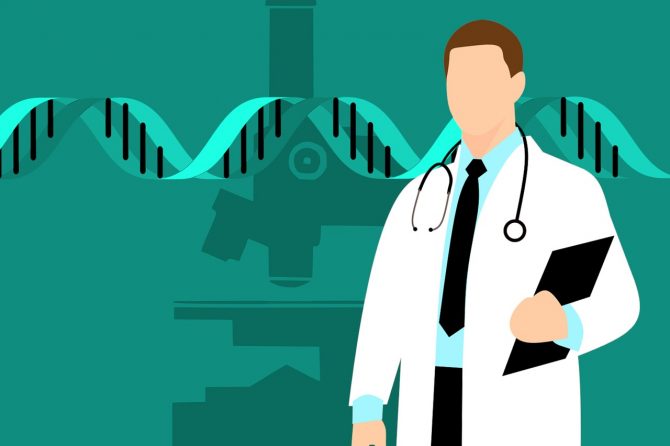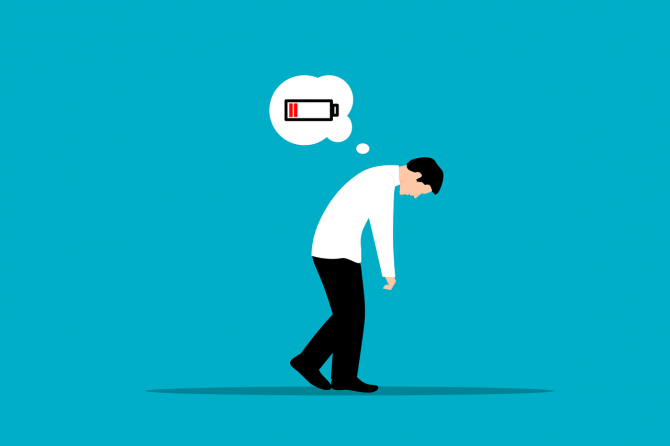
Hormone Imbalances and The Effects on Women’s Health
In a world driven by technological advancements and fast-paced lifestyles, women’s health often takes a backseat. However, it’s essential to understand that hormone imbalances can have a significant impact on women’s well-being. These imbalances can lead to a variety of health issues, affecting physical, emotional, and mental aspects of life. In this comprehensive article, we
Read more





